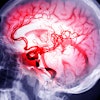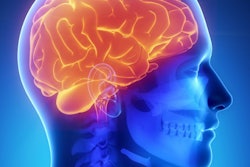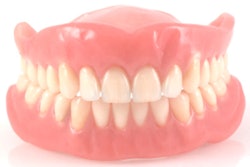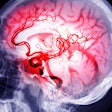Poor oral hygiene or periodontal disease may increase the risk of developing Alzheimer's disease, according to researchers from the University of Central Lancashire School of Medicine and Dentistry (Journal of Alzheimer's Disease, May 10, 2013).
They studied brain samples from 20 patients, half of whom had dementia and half of whom did not, explained an article on the university's website. Those with dementia had evidence of the presence of Porphyromonas gingivalis in their brain, a bacterium associated with chronic periodontal disease.
The bacteria enter the bloodstream as people with periodontal disease eat, chew, or brush their teeth, the researchers noted. Invasive dental treatment can allow the bacteria to frequently reach the brain.
Every time the bacteria reach the brain, they may trigger immune system responses by already primed brains cells, causing them to release more chemicals that kill neurons, according to the researchers. They hypothesize that this could be one of several mechanisms that alter the brain and induce symptoms associated with Alzheimer's disease.



















